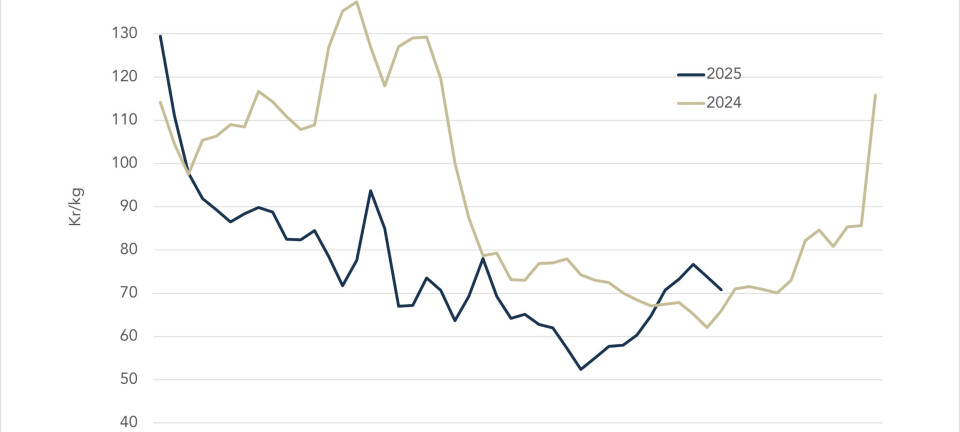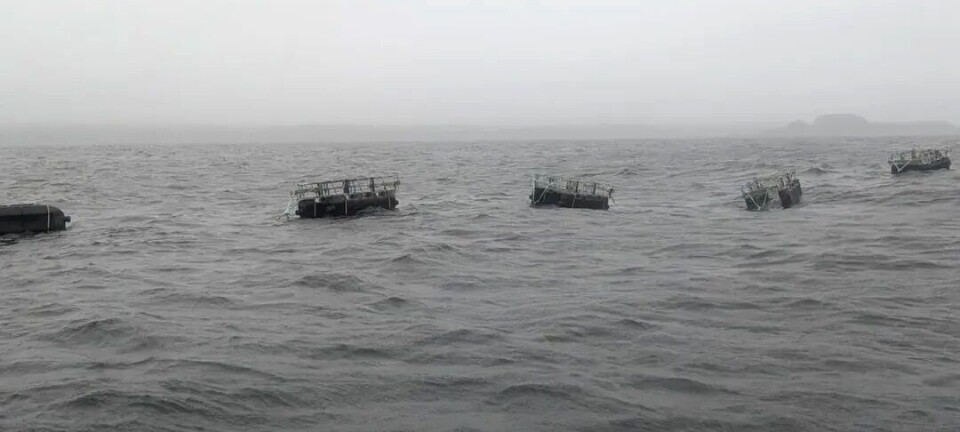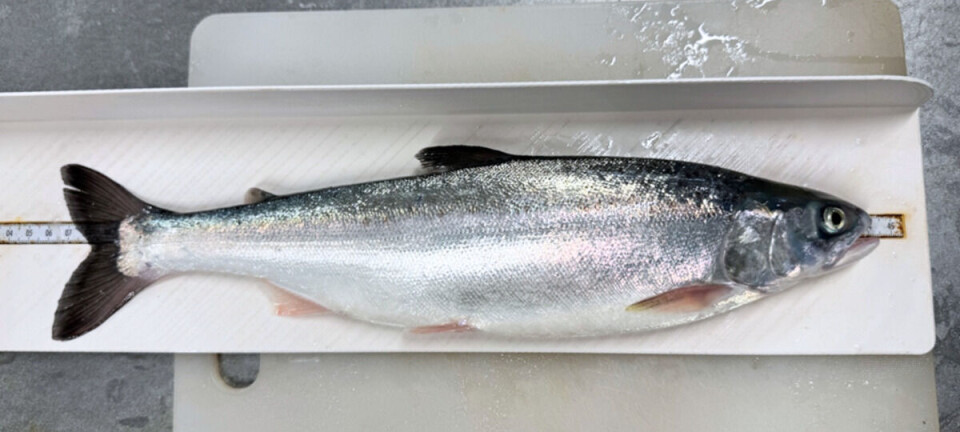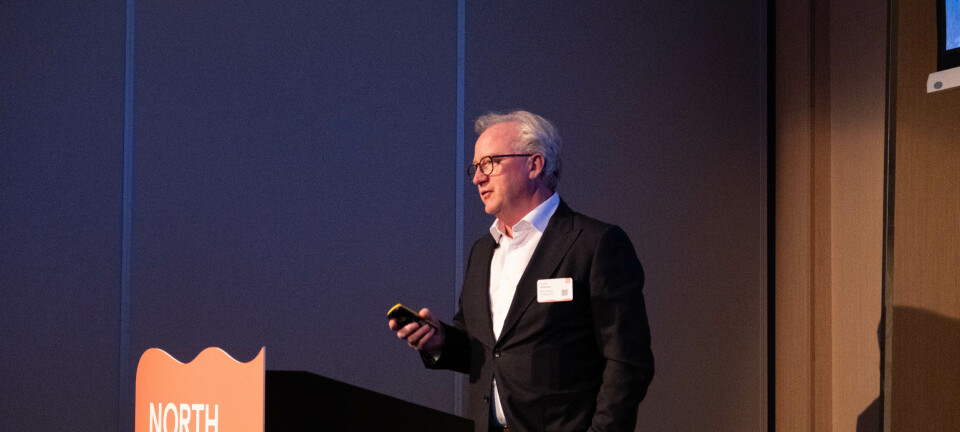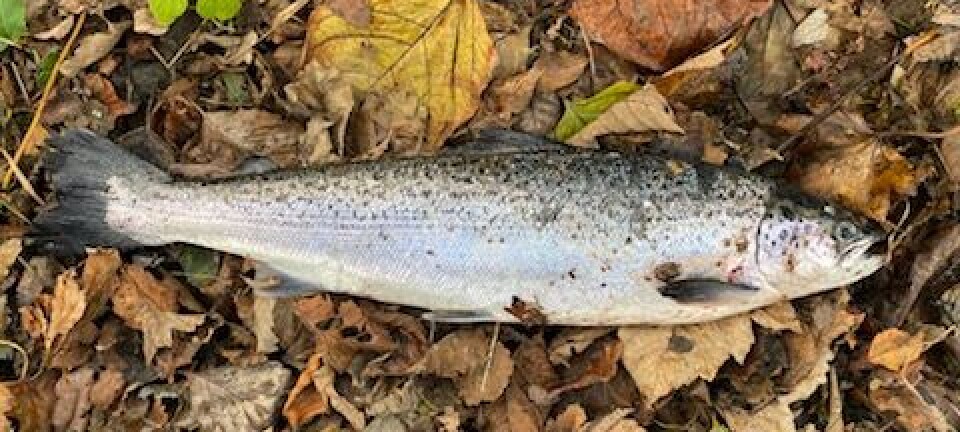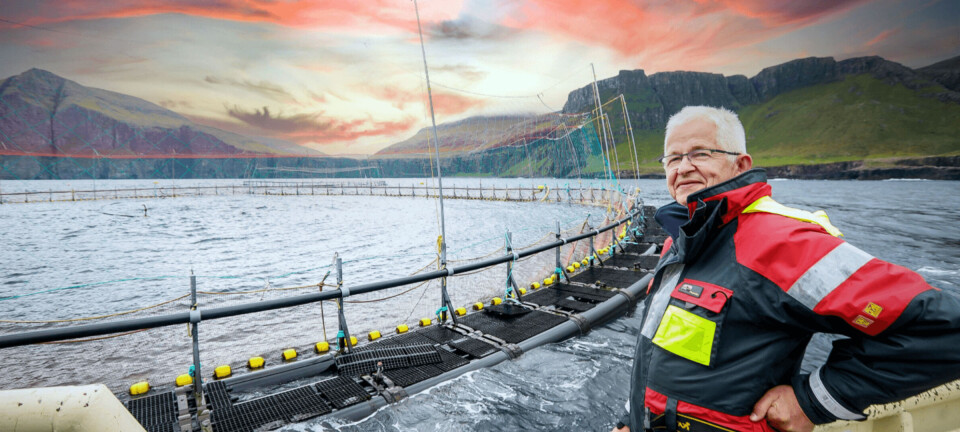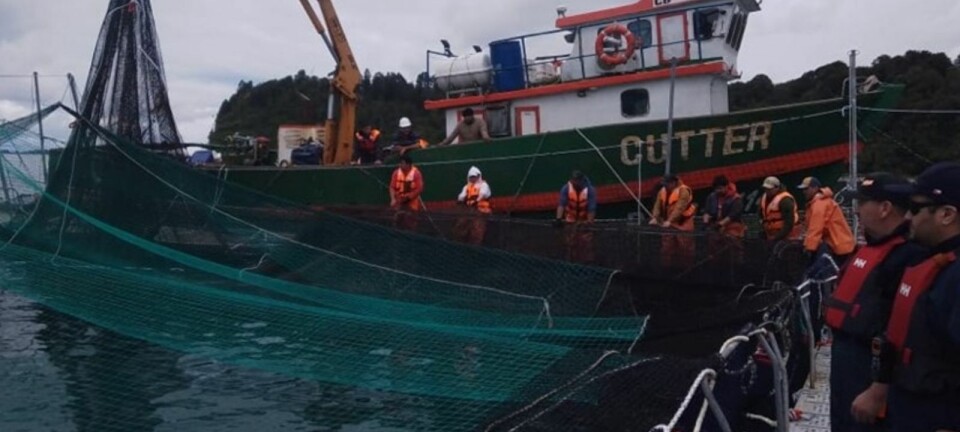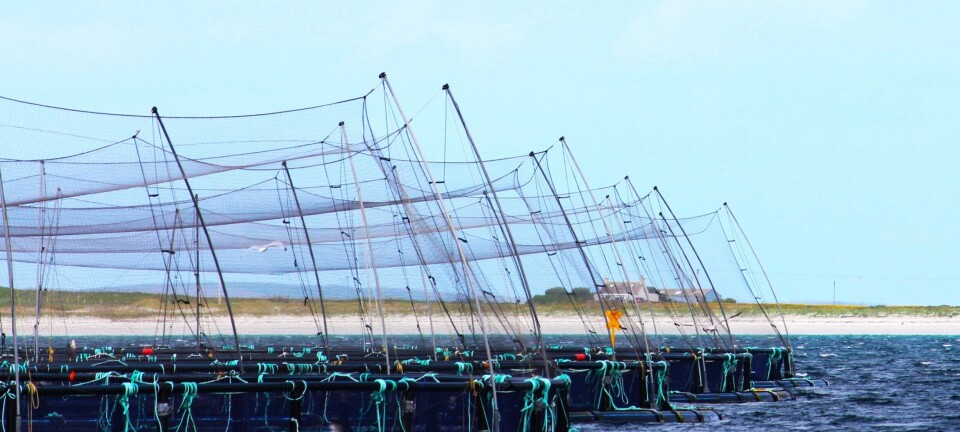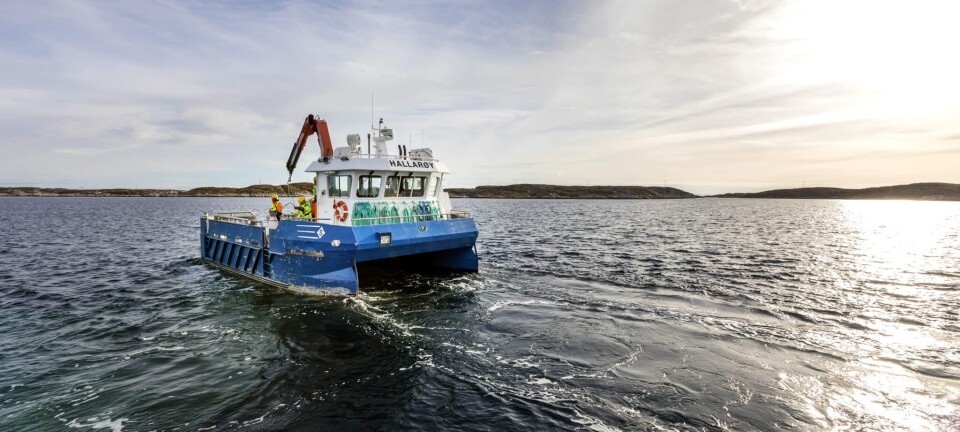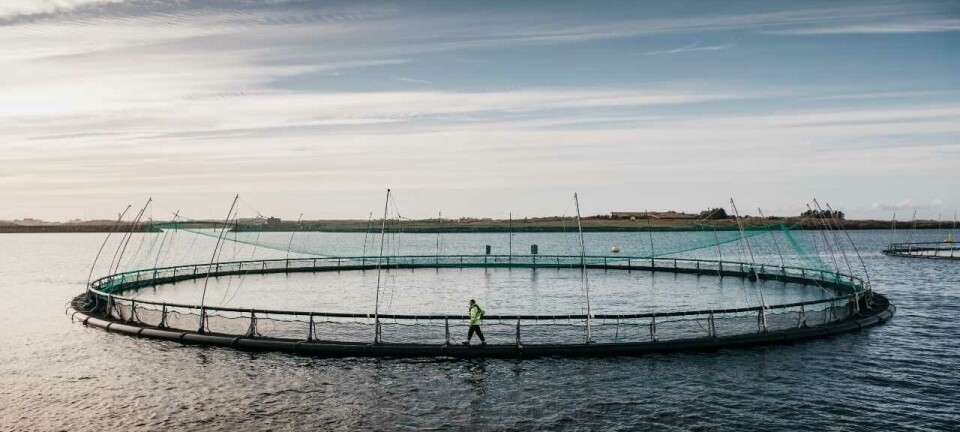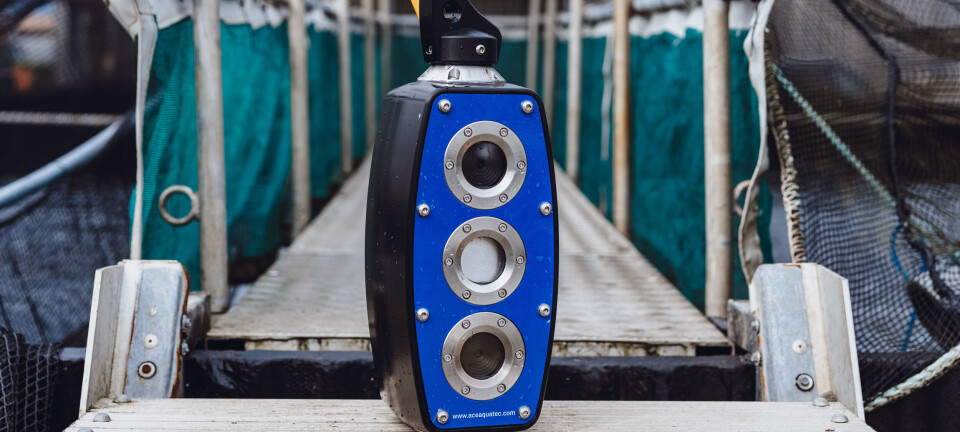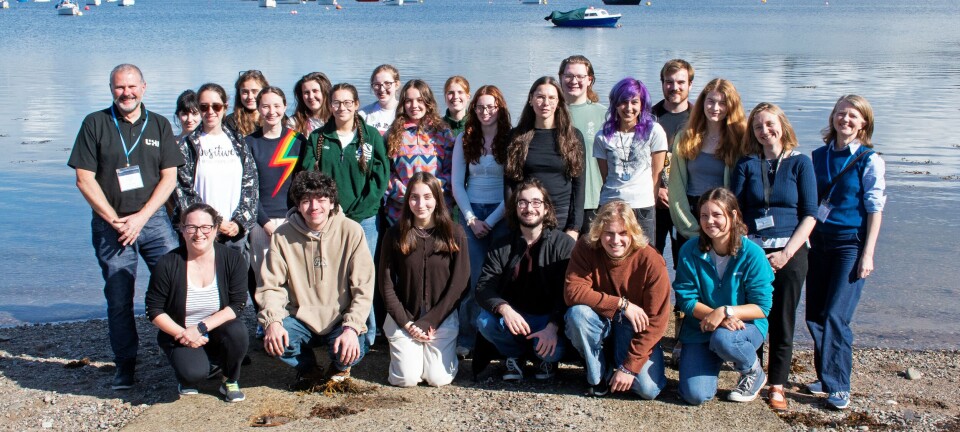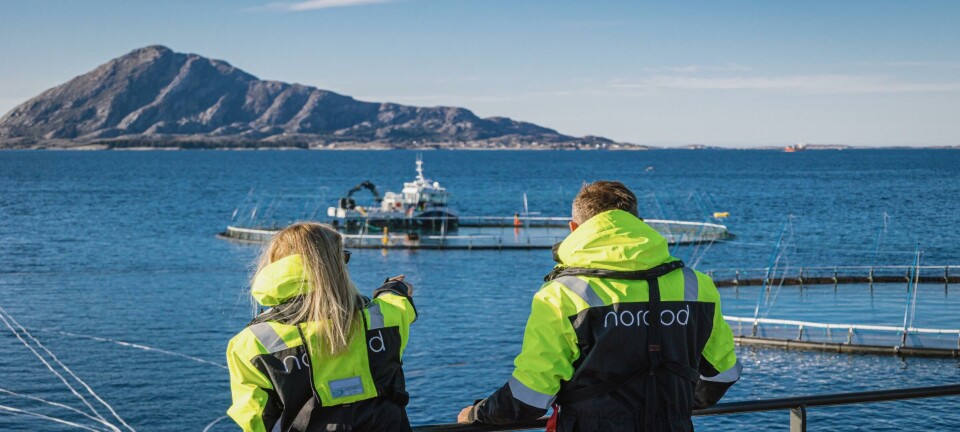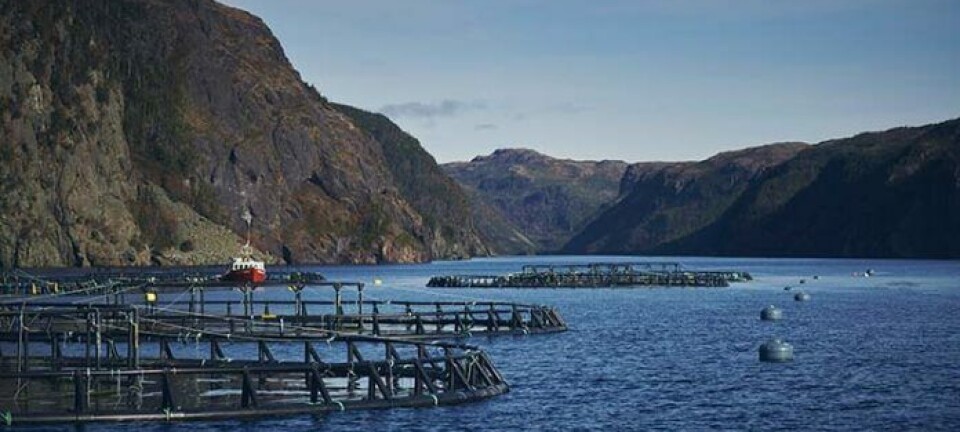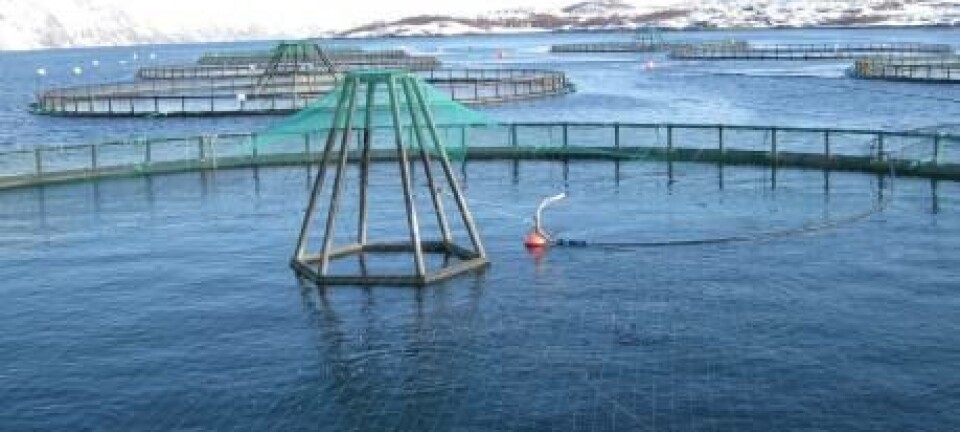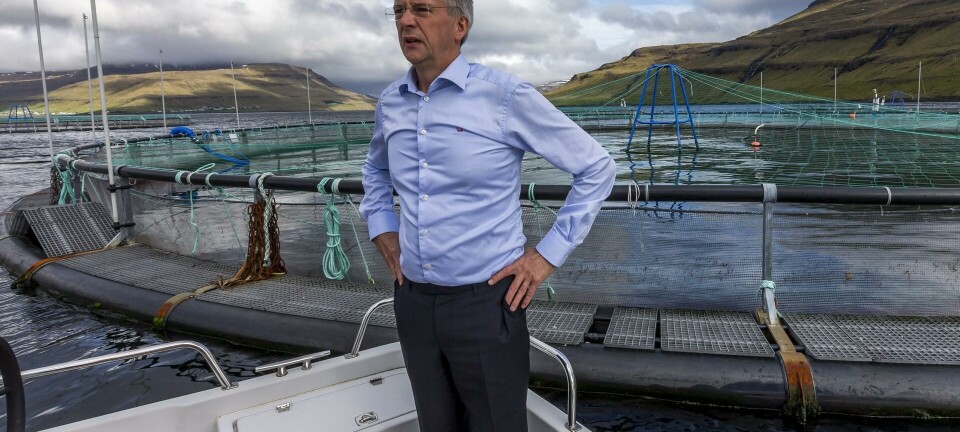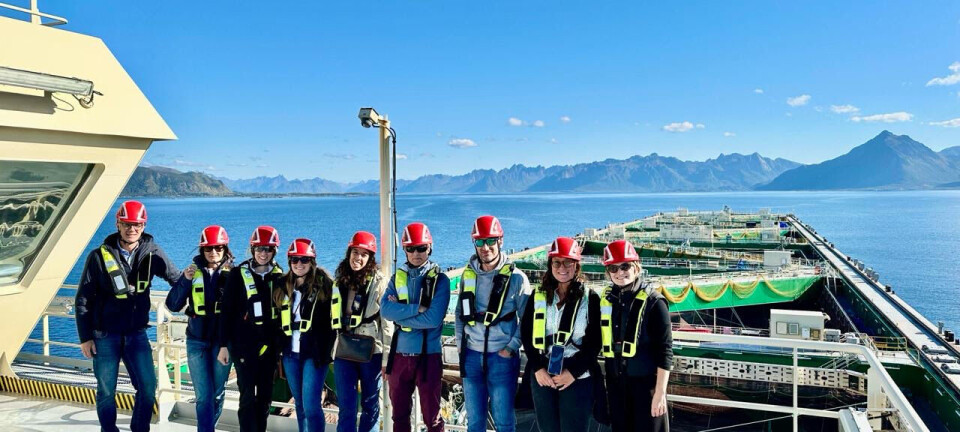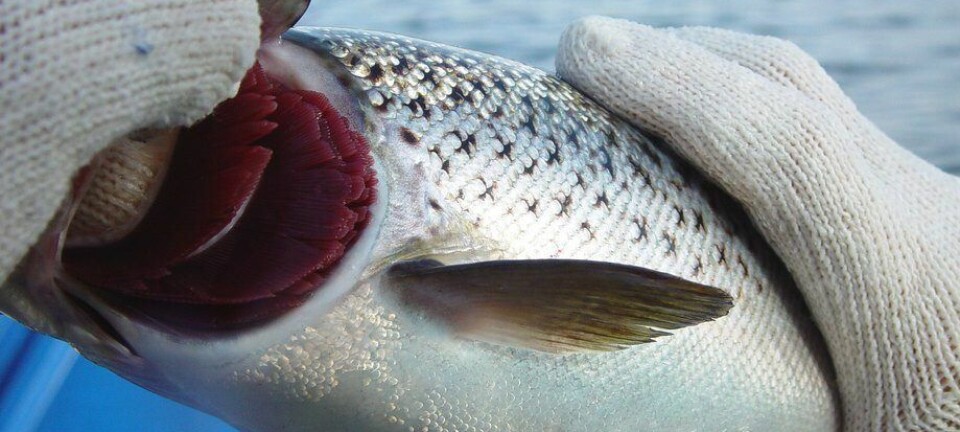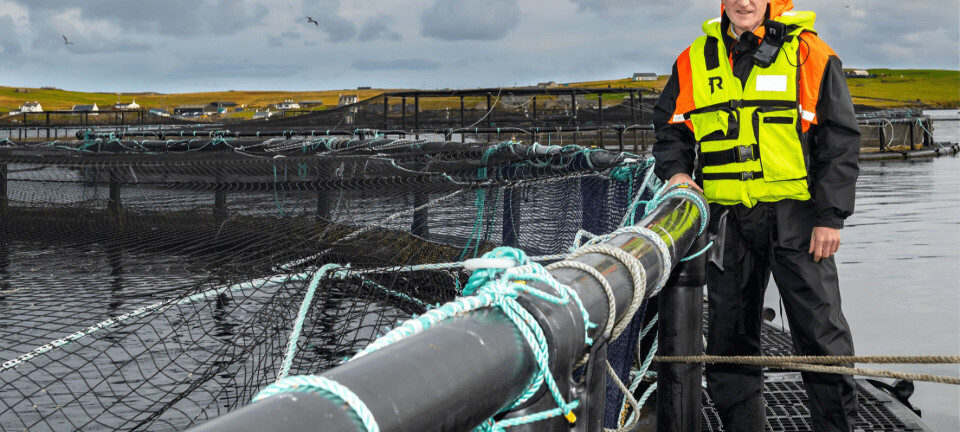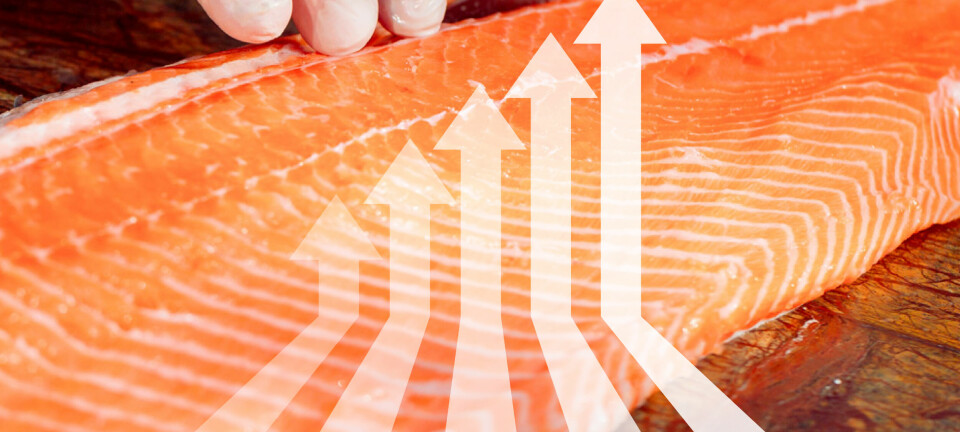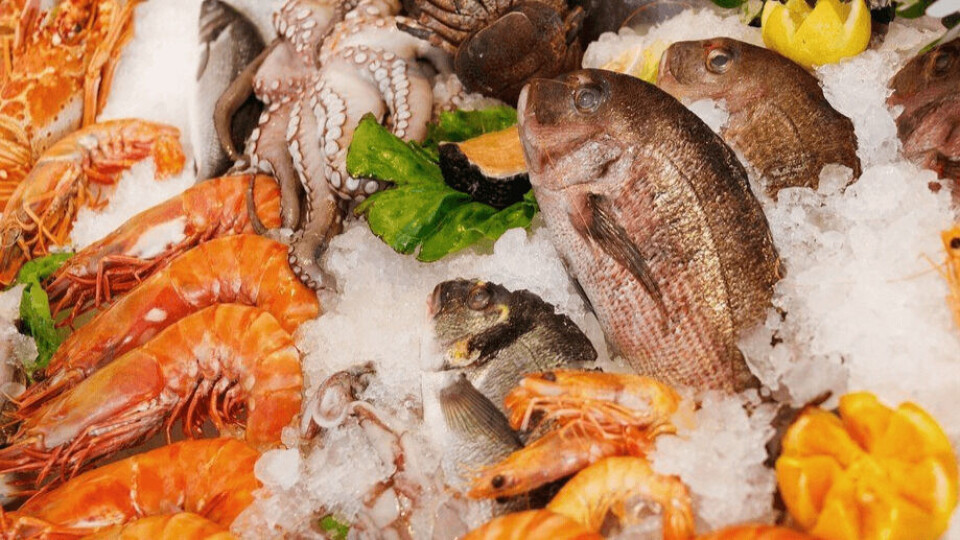
Seafood consumers show appetite for sustainability
A recent study carried out for certification body the Aquaculture Stewardship Council (ASC) confirms that consumers in northern hemisphere countries are interested in knowing if fish and shellfish come from sustainable sources.
Globescan conducted the survey to shed light on seafood consumption attitudes of more than 7,000 citizens of Germany, France, the Netherlands, China, Japan, Canada and the United States.
The results show widespread concern about the environmental and social impacts of food production, with almost two thirds (63%) of respondents calling for a “radical” or “significant” change towards a commitment to produce food responsibly to supply the growing world population.
‘Shared challenges’
An important finding of the survey was a significant desire to obtain information on sustainability, as well as verification of sustainable practices. Demand for responsibly produced food also seems to be driving shopping habits.
“Consumers around the world are very aware of the shared challenges we face when it comes to feeding a world population while preserving our natural resources and protecting those who provide our food,” said Chris Ninnes, chief executive of the ASC.
Although variations were found between countries, especially with regard to the frequency and the way in which fish and shellfish are consumed, there were common issues, such as the need to establish better measures for the protection of the environment and workers.
Wild or farmed
The study found that more than half of consumers (51%) have no preference between wild and farmed fish.
Similarly, the majority (69%) buy a mixture of farmed and wild fish or do not know their origin. Of the rest, 14% said they generally bought aquaculture products and 17% wild. Of those who expressed their preference for farmed fish, the main reason was that fish farming “can help preserve wild populations (29%)”.
“Farmed fish plays an essential, and growing, role in satisfying the global demand for seafood,” said Ninnes.
“This research indicates that consumers care a lot if their seafood products were produced responsibly according to a standard they can trust, and that is where ASC certification can play a great role.”
Markets
The comparison of results between countries suggests some interesting differences, detailed in the document.
For example, more consumers in Canada and the US (31% and 28%, respectively) said they “really liked” seafood, compared to 24% in China and 21% in Japan.
However, Asian consumers were the most likely to say that they consumed fish and shellfish every day (16% and 14% respectively, compared to a global average of 6%). This suggests that in these countries, fish and shellfish are common in the daily diet, while in Canada and the US. they are consumed occasionally.
Overall, the survey suggests lasting popularity for seafood, with 78% of all consumers saying they had bought seafood in the last two months.

